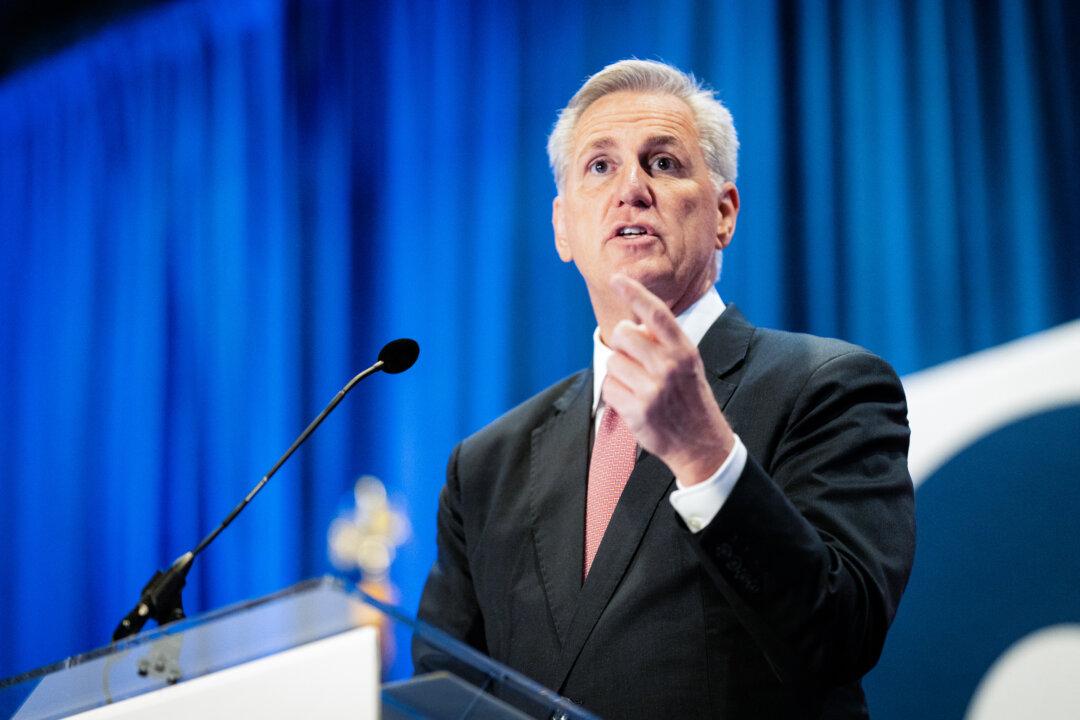Speaker of the House Kevin McCarthy (R-Calif.) warned in a March 28 letter that there could be “dire ramifications” for “the entire nation” if President Joe Biden refuses to negotiate with Republicans on the debt ceiling.
Biden has taken a hard line on the debt ceiling since Republicans took the House, suggesting that he will not allow Republicans to use the issue to force compromises. Republicans, on the other hand, hope to use the issue to force Biden to give concessions and reduce federal spending.





